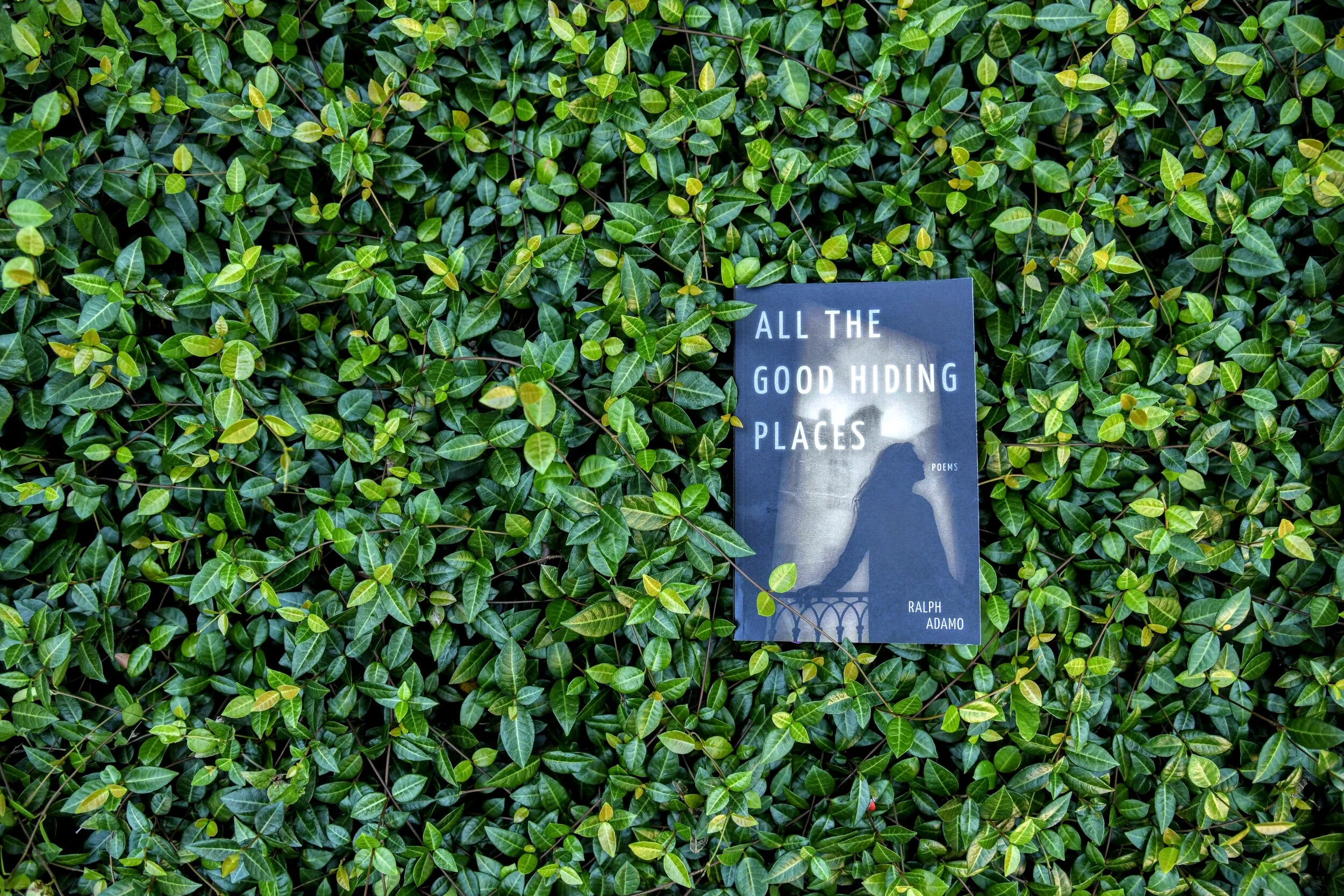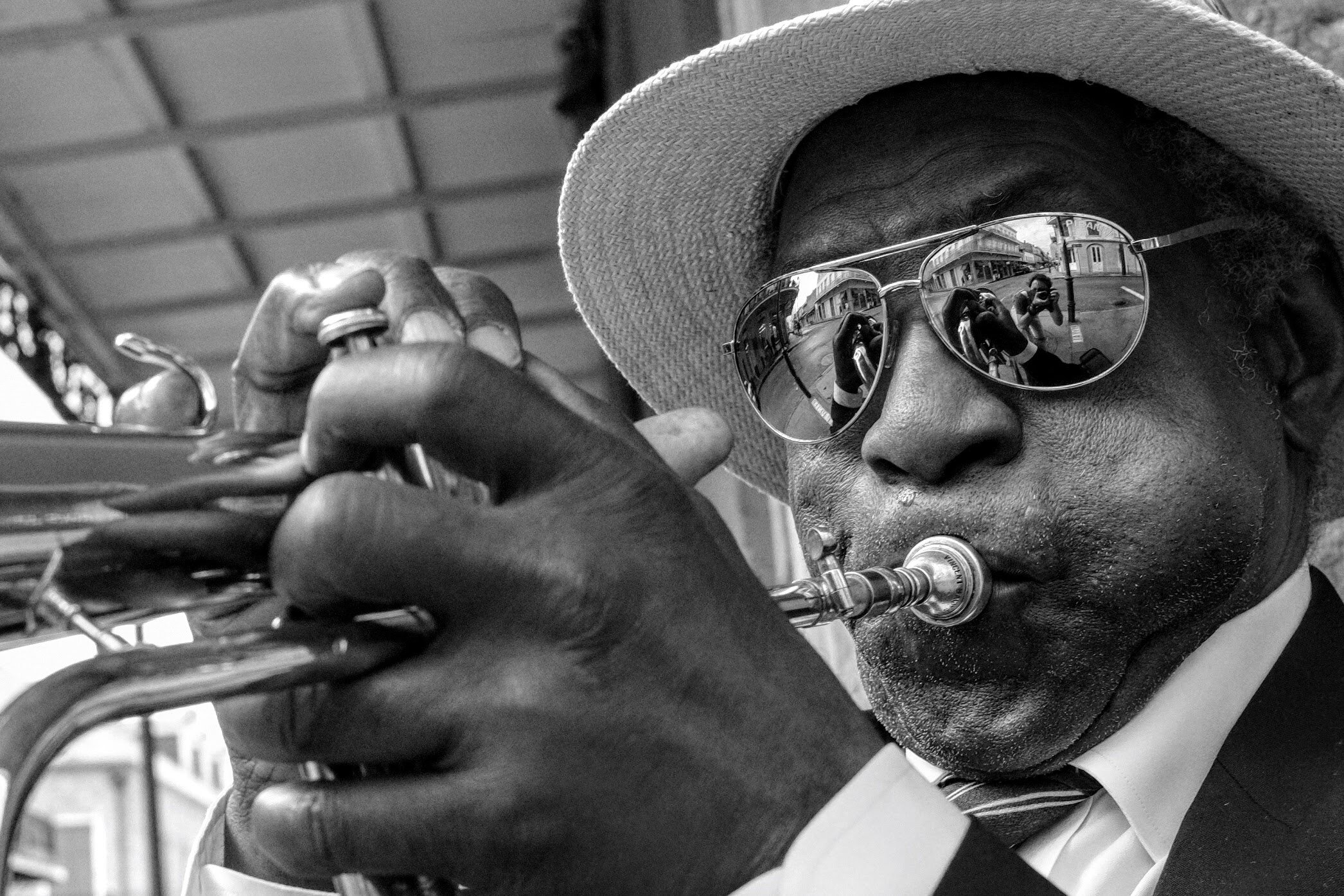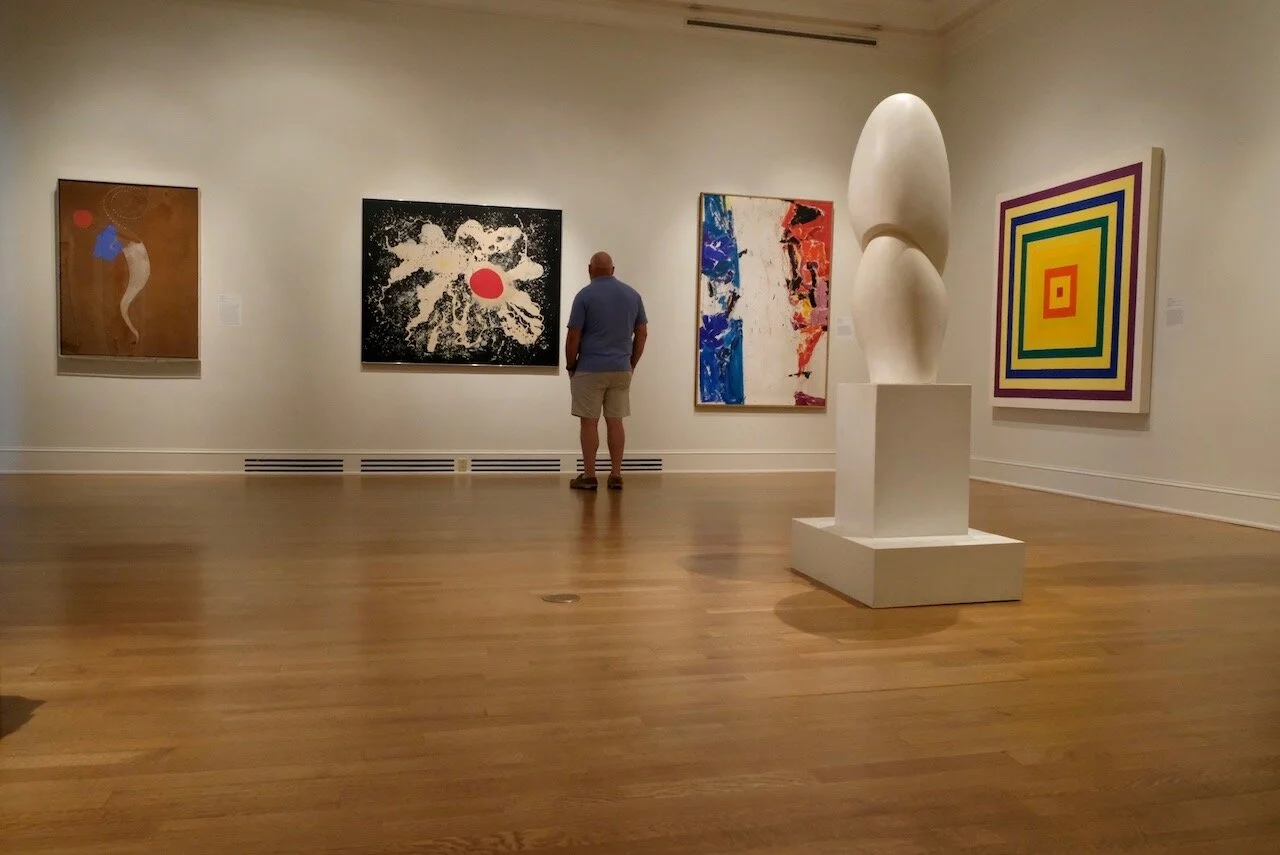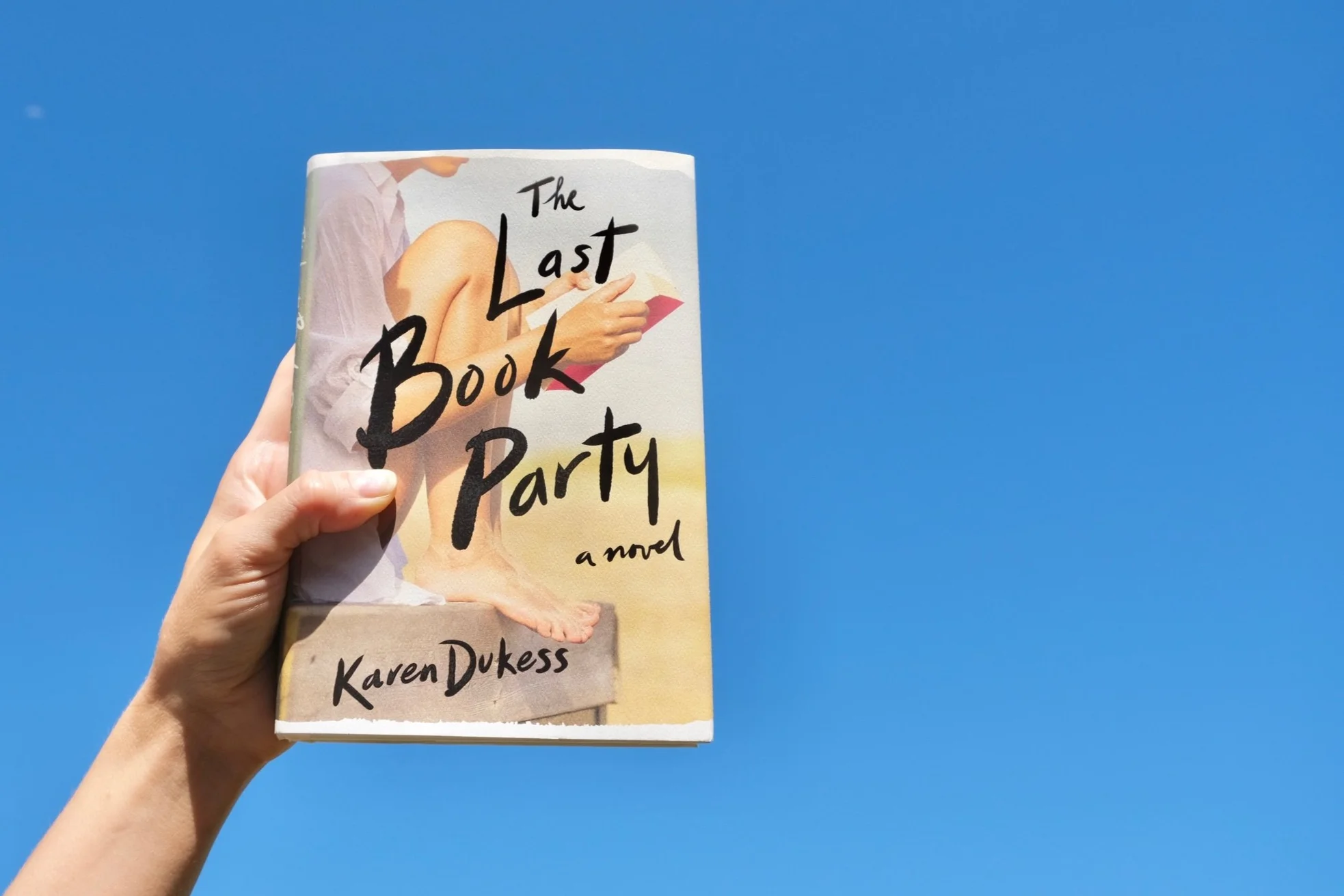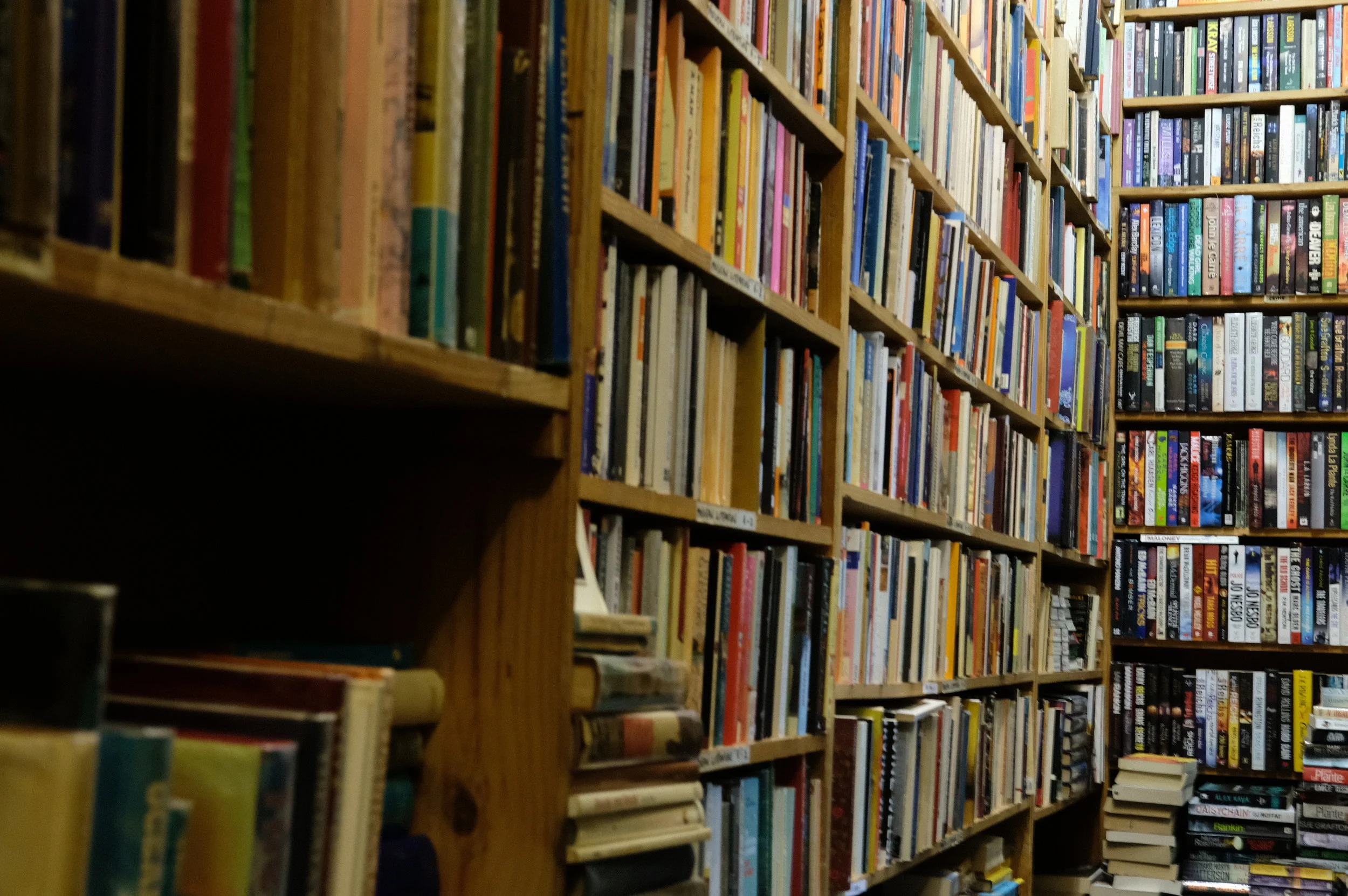Venice taught him, as it has taught many, the art of slowing down, how to reacquire the ability to see what the rush of contemporary life fools us into overlooking—all those ephemeral distractions in the non-Venetian world.
The World Inside Out
Los Niños de Santa Fe
After moving to the unfamiliar landscape and culture of New Mexico, Daniel Stephensen began taking long walks to make sense of his new home. A camera encouraged him to slow down to learn a completely foreign soil.
His short film, Los niños de Santa Fe, accompanied by his own original musical score, is a nuanced love letter to a place that slowly unfurls its treasures.
Darkness and Light
In uncertain times, many of us look to fiction for explanations, clarity, hope. While it might seem counterintuitive—how can the lives of fictional characters explain to us the reality that we’re living?—novels provide a slower and more complete reflection of life as we know it and, more importantly, life as we have not experienced it. But as a form, the novel often looks backward.
Literature, Lifeline
Whenever I find myself growing dissatisfied, it isn’t long before I start to point a finger at the nearest stack of books. The symptom is always the same: after fifteen or fifty pages, I toss them aside with the full knowledge that the failure may be mine, this inability to meet expectations. Weeks, sometimes months, pass before I can define the problem. It’s something primal, a longing that’s easier to describe to an addict than someone who doesn’t recognize literature as a lifeline.
New Work: A Poem by Ralph Adamo
Ornithology of Angels
Julio the Porteño and Jimmy the New Yorker take their time with the angelic. Julio is the King of the Cronopios, James the Patron Saint of Harlem; Cortázar is the aesthete of meta-games and Baldwin the author of emotive, sociopolitical autobiographies. One white and Latinoamericano, the other a black norteño. Both writing about a black bird.
Rolando André López Torres reflects on the sublime and despair in stories by James Baldwin and Julio Cortázar.
Pandemic Literature
Like many others, I find my desire rising for tales of unstoppable viruses, frustrated medical professionals, and politicians faced with decisions no one can confidently make with such shifting, inconclusive information. True, what we witness and learn through these stories, fictional or otherwise, is harrowing, but even though we lost millions of people in the Great Influenza, for instance, somehow we—as an arguably prosperous human race—are still here. There has to be a way out. There can be comfort in witnessing the ways that families, cities, and governments failed and sometimes succeeded in previous crises as we peer into the unknowable future.
Tête-à-Tête with Mark Sarvas
Once best known as the voice behind the popular literary blog The Elegant Variation that championed favorite writers and called out subpar writing and reviewing, Mark Sarvas is now an internationally lauded novelist in his own right.
Memento Park, his second novel is loosely based on his family’s history and maintains his signature viewpoint and undertone of humor while delivering a new take on what it means to be the child of a Holocaust survivor. It’s a riveting mystery about art reparation, family secrets, and how challenging it can be to know who we are. Memento Park is now available in paperback.
Year's Best Reads 2019
As the year draws to an end, we asked a few of our favorite book people share their most memorable reading experiences over the past twelve months, regardless of publication date. Other than reading itself, few things in the life of a reader are more exciting than hearing from others who share our passions. We hope the following titles and recommendations add to your list as it did to ours.
Coffee Break Review: The Last Book Party
Even though the forecast promises many more hot days, at least in the Deep South, it’s time to farewell summer with one last nostalgic read full of literary references, lobster dinners, sun-bleached hair, and a reminder that the fun must make way for more serious pursuits… The Last Book Party by Karen Dukess
26 Books to Read Before 2018 Ends
At least as miraculous as what you cut down
Coffee Break Review: Amy Bloom's White Houses
Amy Bloom’s new novel, White Houses, combines a pacey but cozy literary love story of heart-plucking longing balanced by realistic barriers—which hinge on mutable emotions, cultural restrictions, poor timing, bounds of duty—with clever banter and an irresistible peek inside a presidential marriage. At its core, though, White Houses is simply and powerfully an ode to lasting, shifting love.
53 Books to Read in 2018
2018 promises to be a stellar year for readers. We can't wait to get our hands on novels by Michael Ondaatje, Julian Barnes and Amy Bloom. There's a novel set in Tangier that brings to mind the fascinating lives of Paul and Jane Bowles; the true story of a woman's obsession with a serial killer; an Israeli pitted against his Palestinian best friends; posthumous works by Denis Johnson and William Trevor; and essay collections by some of the most astute public intellectuals, including Zadie Smith, Lorrie Moore and Marilynne Robinson.
Our list of 52 titles coming out in the first six months of the year promises hours of provoking, moving, challenging and pleasurable reads. Keep this list handy so you don't get behind!
Year's Best Reads 2017 and a Peek into 2018
If your 2017 was anything like ours, it whizzed by in a dizzy of confused haste. That's one of the reasons our round-up of the best of 2017 is a bit delayed. But the books that crossed our paths in the previous twelve months were too good to ignore. As usual, we asked some of our favorite literary people to tell us what stood out in their reading year, regardless of the book's publication date. We also asked them to give us a peak at what they're looking forward to in 2018.
The Readers (and Musicians) of New Orleans
When a Novel Upends the Historical Record: The Lost Pages
You don’t go to Shakespeare to learn the history of Henry VIII. That’s what Peter Carey once said to explain why facts didn’t bind him when he wrote True History of Kelly Gang in the voice of legendary, infamous bushranger Ned Kelly. It’s not the novelist’s task to give the reader the absolute truth; the goal must be to tell a good story, to discover (or create) hidden aspects of character, to subvert and to use the historical record in a way that serves story.
Writing Naked: Remembering Denis Johnson
I spent much of the past three months preparing for an on-stage interview at the Auckland Writers Festival with Johnson, who died on Wednesday, May 24. He cancelled his appearance several weeks before the festival, but it was a great pleasure—and often an education—to read and reread his books and prepare for the meeting.







